About 17 mio hectares of forest in 30 countries already have FSC certification.
However, the example of Home Depot shows just how difficult it is for a big company actually to introduce the full range of certified timber in its stores. Only slowly is the company able to make the range available in all its branches, for the supplies of certified timber are limited. Nevertheless, as the company explained, no time-limits have been set for its FSC programme and it is being supported by advertising in the group’s own stores and in the media.
International and independent
The FSC seal is the most popular mark in the area of timber, standing as it does for quality and sustainable forestry practices. Today around 17 million hectares of forest in 30 countries worldwide have already been given FSC certification.
It is the goal of the non-governmental, internationally active FSC (Forest Stewardship X Council) to guarantee the preservation of the forests through environmentally sound, socially compatible and economically workable management practices. Created for the purpose of achieving this aim is a body of internationally valid principles which can be interpreted on a regional and national scale, the “Guidelines for sustainable forestry”. These mean essentially that clear-cutting is not allowed, the use of biocides is forbidden and dead wood must remain in the forest. Added to this are socially compatible working conditions plus efficient timber management (high quality and best possible size of timber).
In order to guarantee the upholding of these guidelines the FSC accredits national certification organisations so that they can award the FSC mark. At present there are seven such certifiers worldwide. It is not only the individual businesses that come under scrutiny but the entire processing chain as far as the retailer.
The FSC is now in its ninth year. In Toronto in 1993, spurred on by the world environmental…

 Menü
Menü




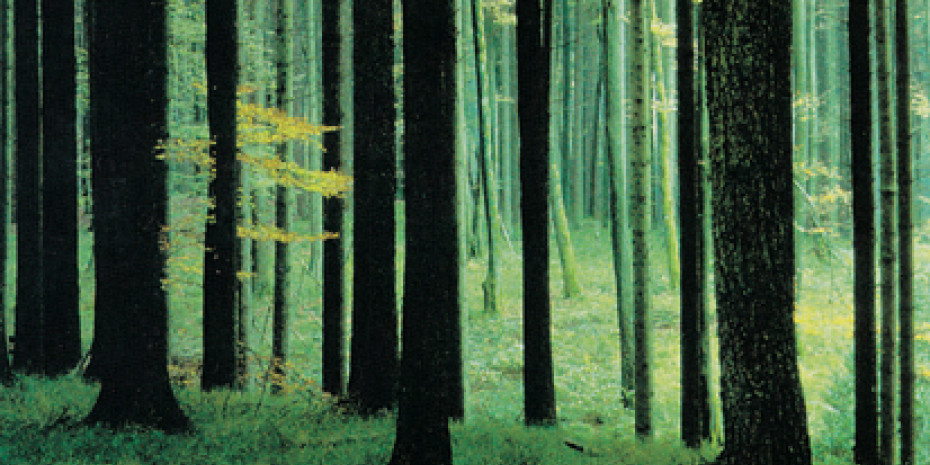

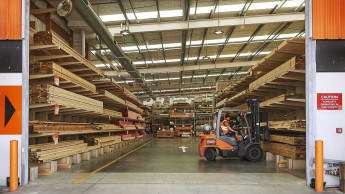

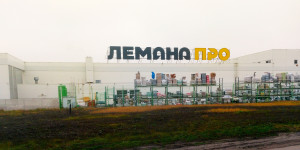


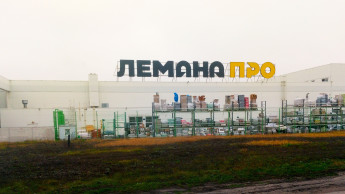

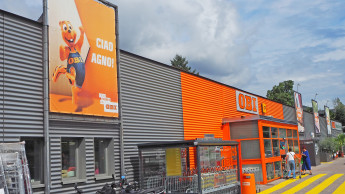
 Newsletter
Newsletter